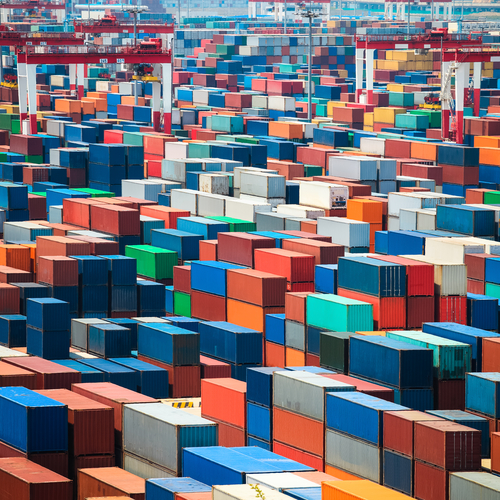On common ground
Advancing cooperation among G20 members on trade and investment is a key tenet of the Saudi presidency as it seeks to reinstil trust in the multilateral trading system and address the outstanding issues made more urgent by COVID-19
The Kingdom of Saudi Arabia’s G20 presidency has drawn on its good relations with all G20 members to bring consensus to priority issues for trade and investment, reconfirming the common commitment for the future of the World Trade Organization and providing a strong response to the COVID-19 pandemic.
Since the start of the Saudi G20 presidency, there have been several challenges for trade and investment policy. Key pillars of WTO negotiations, particularly on dispute settlement and monitoring, have not functioned properly for many years, and global foreign direct investment flows have stagnated over the past decade. Reforming the WTO is long overdue, and no progress has been made, despite past statements by G20 leaders in support of improving its functioning. Trust in the multilateral trading system has deteriorated and trade tensions have mounted.
These challenges have been compounded by the COVID-19 pandemic, which added a sense of urgency to resolving these outstanding issues and, at the same time, several layers of complexity to existing international trade and investment challenges. One such example was the postponement of the 12th WTO ministerial conference from 2020 to 2021, which has delayed the G20’s political support of WTO reform efforts.
A pragmatic path forward
To address and resolve these challenges, we chose to focus on our commonalities, discuss our different views and ensure a pragmatic way forward. We were supported by the fact that the Saudi trade and investment priorities by their very nature helped mitigate the impact of the pandemic. Indeed, the pandemic only strengthened our resolve and focused our attention on delivering direction and action.
At the G20 trade and investment ministers’ extraordinary virtual meeting in May 2020, we agreed on short-term collective actions to alleviate the impact of COVID-19 and longer-term actions to support the necessary reform of the WTO and the multilateral trading system, build resilience in global supply chains and strengthen international investment. Ministers committed to continue monitoring and assessing closely the impact of the pandemic on trade and investment. This was revisited during the ministerial meeting on 22 September, where we discussed the status of trade and investment issues related to COVID-19.
We have applied similar constructive approaches to all the Saudi G20 presidency’s trade and investment priorities with the following important results.
We identified common ground on objectives and trade policy principles in the Riyadh Initiative on the Future of the WTO, which will provide political support to reform discussions. The Trade and Investment Ministers’ Communiqué, together with the Riyadh Initiative, has already been transmitted to the WTO. We will continue to pursue dialogue in support of WTO reform negotiations in Geneva.
We compiled policy guidelines that will serve as a reference for policymakers when supporting internationalisation efforts of micro, small, and medium-sized enterprises.
We synthesised best practices and lessons learned based on inputs from G20 members, with a focus on trade in services and special economic zones.
We issued a call for action on technical assistance for investment attraction to foster investment promotion capabilities in developing and least developed countries.
Much work remains to be done, but I am confident that when the world looks back on the 2020 Saudi G20 presidency, people will remember that we came together during this crisis to ensure the continuation of trade flows and particularly that of essential goods and services, all of which reassured global markets and paved the way towards recovery.












